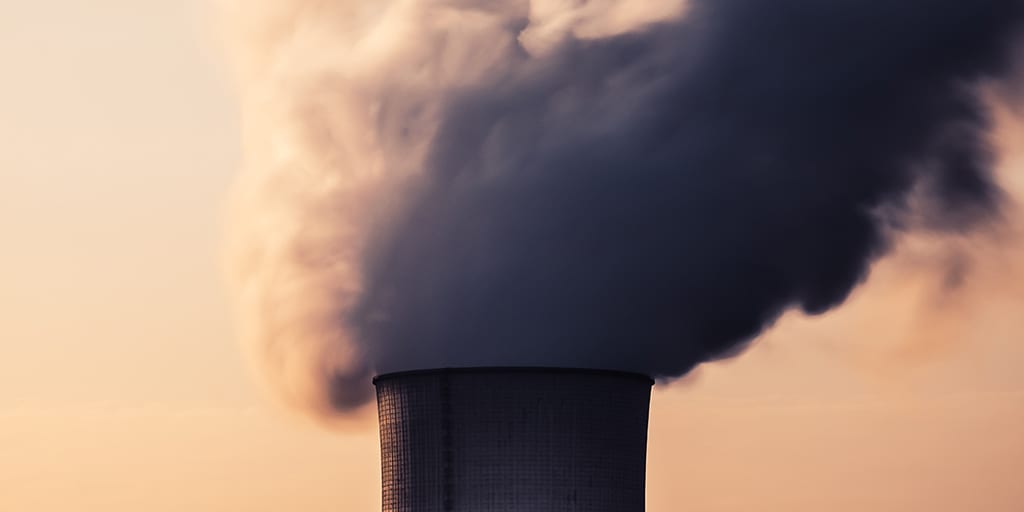
Figuring out China’s coal goal
Xi Jinping’s vow to end China’s international coal is puzzling China watchers with details on how far the promise goes still unclear.
News, indicators and facts of the work of the Green Fiscal Policy Network and our partners in China.

Xi Jinping’s vow to end China’s international coal is puzzling China watchers with details on how far the promise goes still unclear.

Brazil, Russia, India, China and South Africa may strongly oppose the proposed Carbon Border Adjustment Mechanism (CBAM) by the European Union at the 13th BRICS Summit on Thursday as the five developing countries will likely be the biggest losers from its implementation. In a veiled reference to CBAM, BRICS trade ministers last week cautioned that any measure to tackle climate change must be in conformity with multilateral trading rules and shouldn’t put arbitrary restrictions on international trade.
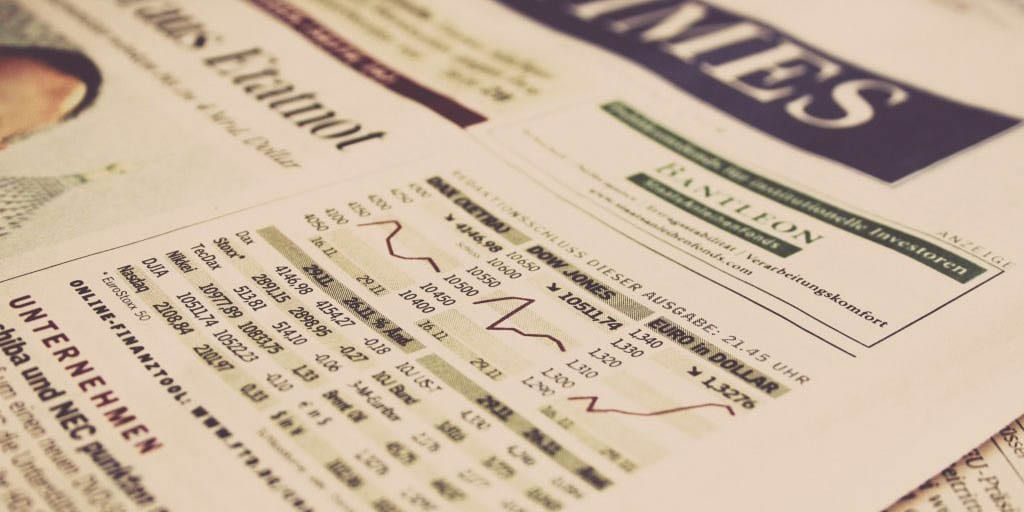
China has proposed the world’s largest carbon emissions trading scheme (ETS). As the country has pledged to reach net zero emissions by 2060, this article explores the merits of the current scheme.
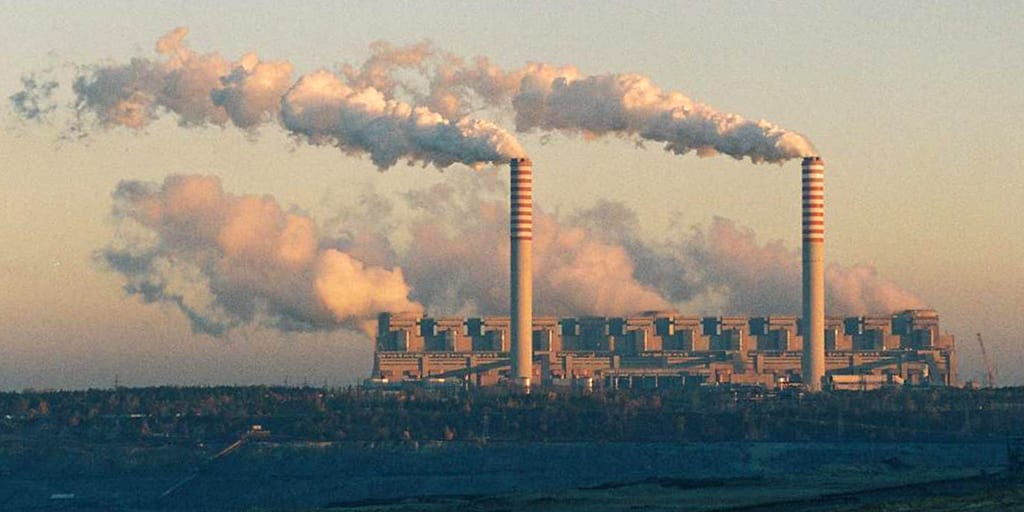
The measure, if approved, will force EU businesses to pay a carbon levy for goods they import from outside the bloc. The problem is that some nations might not want to go down the carbon neutrality route as fast as the EU.
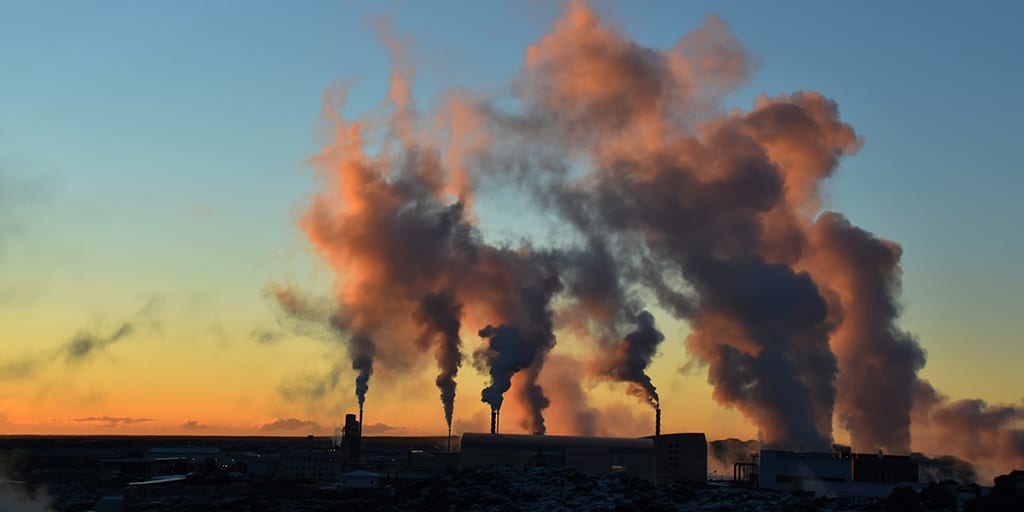
Only 15 per cent of China’s newly added post-Covid-19 national and municipal bonds went to green, sustainable, or low-carbon projects, says Greenpeace. China approved a fiscal stimulus package of 6.35 trillion yuan (US$984 billion) in May last year to help the country’s economic recovery after the pandemic.

The negotiating team for the European Union at the ongoing World Trade Organization talks on harmful fishery subsidies is insisting that any deal allow for continued tax exemptions for fuel purchases.

Unpopular among the bloc’s trading partners, countries are seeking exemptions to the carbon levy, as Brussels hints alternatives to pricing may be considered to dodge the tax The European Union

The European Union (EU) and China announced sweeping plans this week to dramatically reduce greenhouse-gas emissions to slow the pace of climate change. Many scientists say the warming climate is creating more
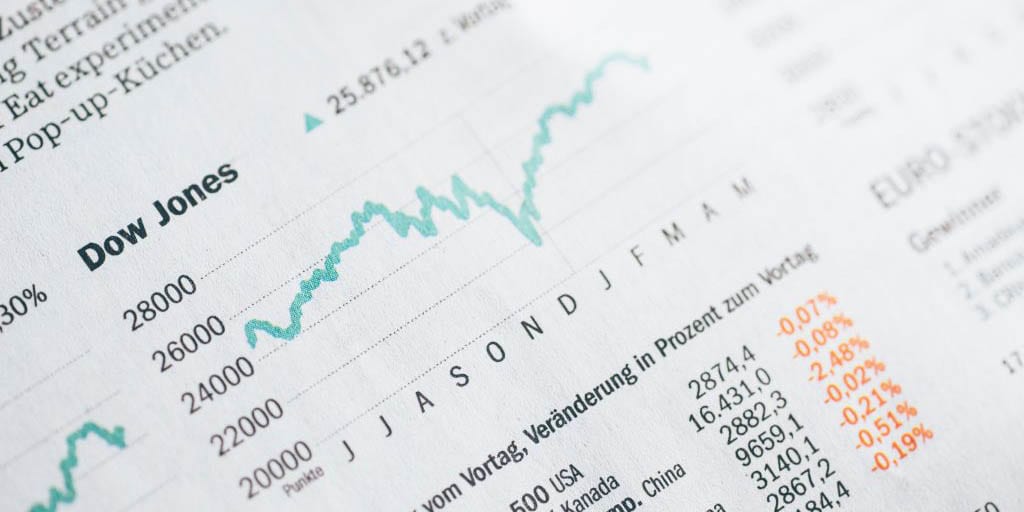
China expects trading to commence on its long awaited national carbon emissions trading scheme (ETS) this month, and sources aware of the plans expect a launch ceremony to be held on Friday.
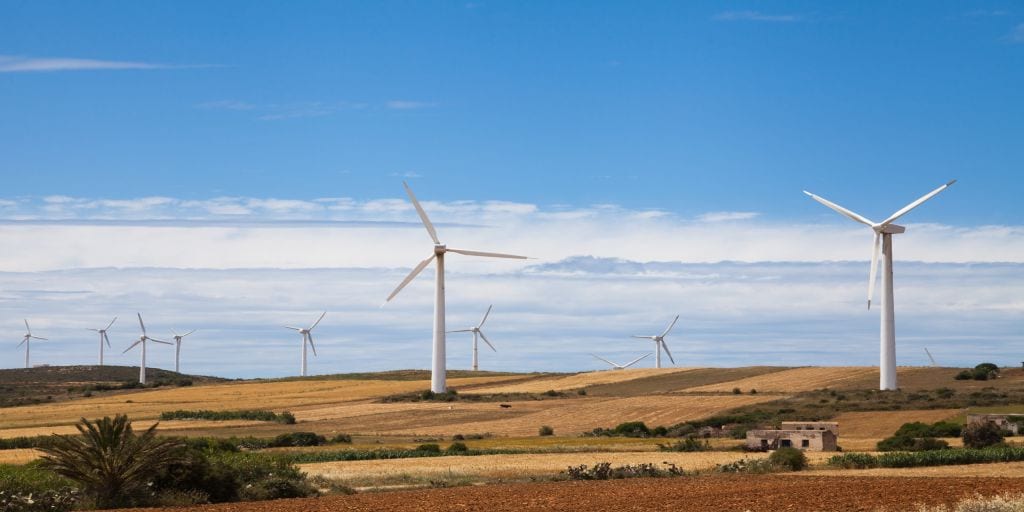
Fossil fuel subsidies persist despite the climate crisis. They distort the energy market by keeping fossil fuel prices artificially low. Removing these subsidies must be accompanied by social programmes that will reduce the impact on the poorest household.
… for more Green Fiscal Policy news!